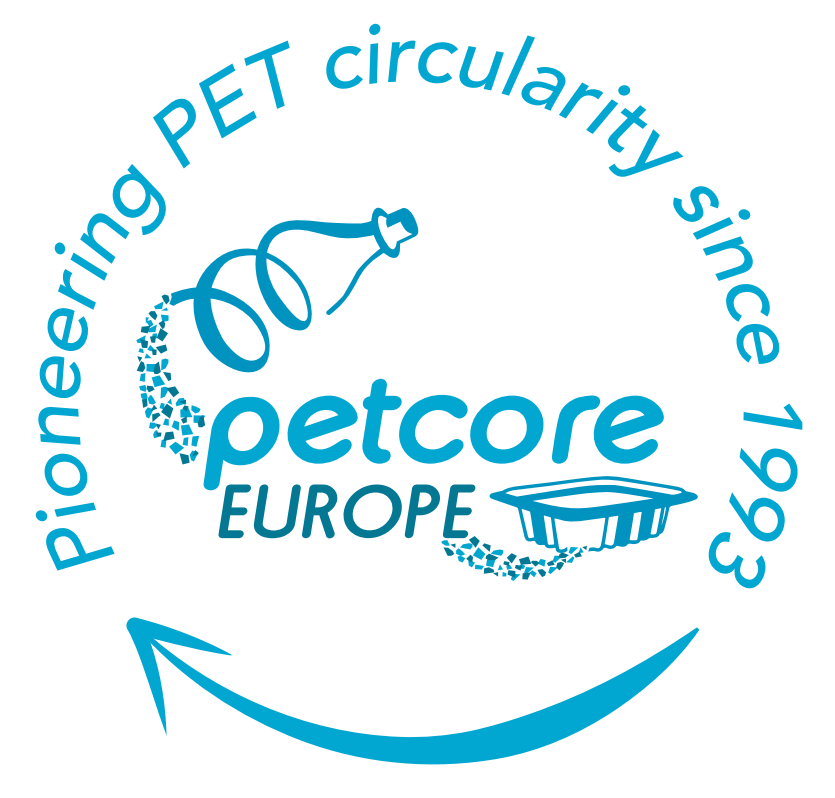The European Parliament’s 2019-24 term will be remembered for its avalanche of regulation. PPWR Rapporteur Frederique Ries said recently that this Commission had produced twice as much legislation as the previous one. Certainly, few industries have escaped unscathed.
Take our own PET sector. Following a barrage of legislation over the past six years, fully recyclable PET bottles - Europe’s single most recycled item - are now required to have segregated collection, a target of 90% collection by 2029 and a minimum 30% recycled content by 2030. Far more prescriptive than other less circular and less recycled packaging options. As always though, we have embraced these targets and proved that they are achievable. One-third of EU markets are already delivering 90% PET collection due to enabling policies and infrastructure.
As the 2019-2024 Parliament enters its final months it is worth reflecting on the role of government. Government is a place where people come together to work towards shared goals. It’s role is not confined to regulation, government should be working to provide the landscape that will enable our society to achieve these goals and secure a future.
I don’t disagree that achieving circularity for packaging is important, but what is the point if the rest of our economy is not following suit? If our goods continue to be transported by diesel trucks and we continue to rely on coal-fired gas plants due to lack of investment in suitable grid infrastructure which means that power networks are not prepared to integrate an increasing share of renewable energy investment in modern electricity grids?
If Europe is to win the race to net zero it will need to do much more than regulating sitting ducks. It will require transformative policies and actions including a rapid increase in public-private collaboration to accelerate emission reduction across global value chains.
Now is the time for legislators and governments to come forward with some joined-up thinking and policies that actually support industry as it invests and innovates to reach our common goals. EU governments need to upscale investment in renewable energy and power networks and streamline permitting and regulatory processes. And they should start by walking the talk to include emissions reduction targets in public procurement. I wonder how many schools and public buildings in the EU are currently powered by solar panels?
If Europe is to win the race to net zero it will need to do much more than regulating sitting ducks.
Governments have the chance to create demand drivers and support the development of supply chains. Complex and lengthy regulatory and administrative processes slow the development of renewable energy projects and hinder the uptake of green and enabling solutions. It needs fixing if industry is to be able to play it role in the greening of our economy and unlock its potential.
Industry has had to deal with a lot over the past two decades. In addition to the EU trying to regulate it out of existence, Europe’s industries came through the financial crisis and then the Covid-19 pandemic with all the challenges that it presented in maintaining production and supply.
For our part, recycling costs money and the capital investments our industry has made to deliver packaging circularity are significant. Surely it’s now payback time?
Next year the EU27 will have a new European Parliament and a new European Commission. With a fresh mandate for 2024-29 the EU has the opportunity to match the investments being made by industry and close the loop on its circular thinking and our joint future. The question is: is it bold enough to take it?
In partnership with

This article was produced in partnership with Petcore Europe.
Sign up to The Parliament's weekly newsletter
Every Friday our editorial team goes behind the headlines to offer insight and analysis on the key stories driving the EU agenda. Subscribe for free here.